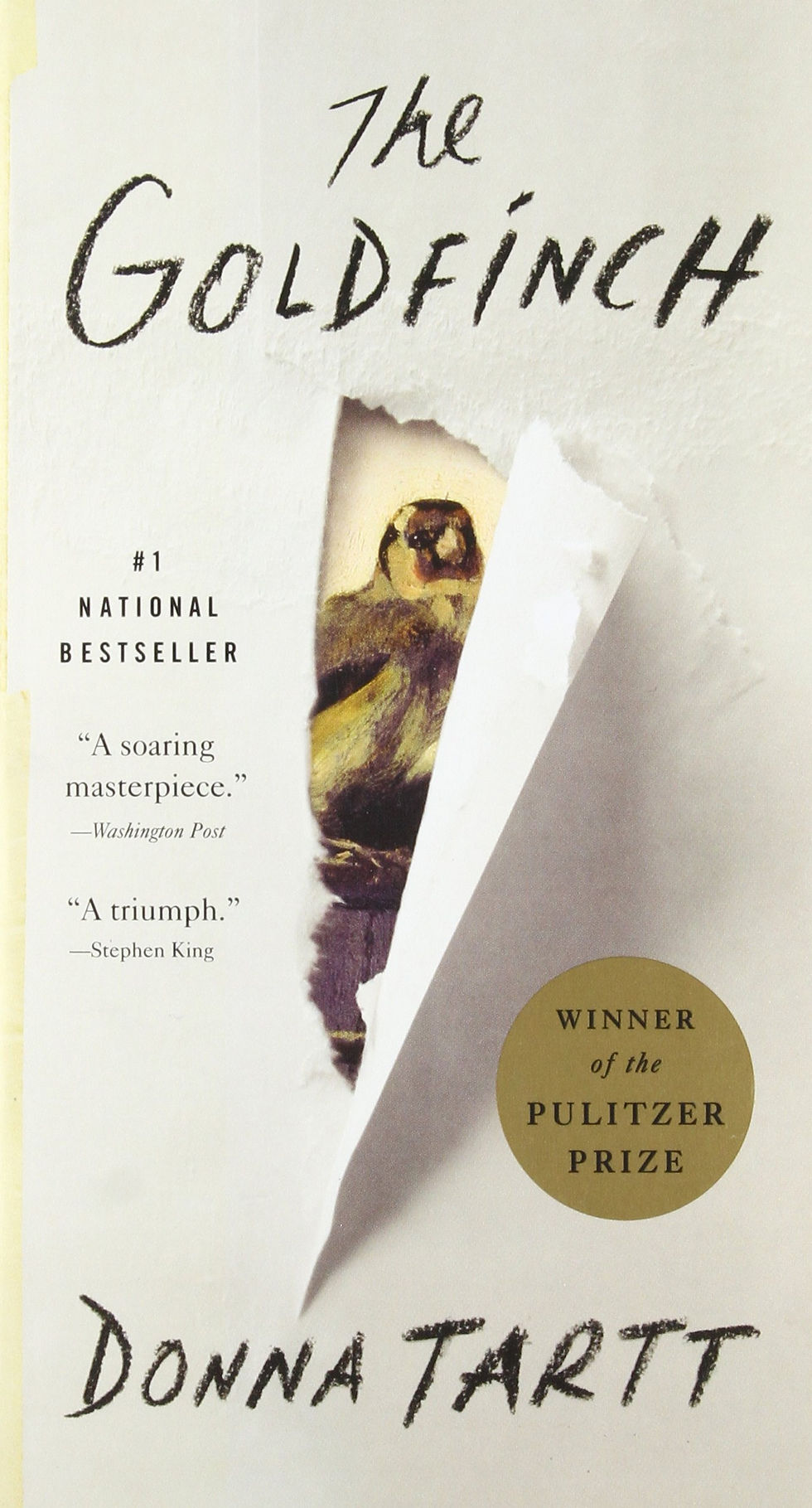
Agree how easy it is to write reviews of books that you don't like? Well, really, a trifling matter: know, come up with more flowery phrases, smash the plot to smithereens, point out inconsistencies and try to find at least some kind of logic in the actions of the characters. Yes, a great critic has died in each of us ...
“You can look at a picture for a week and never think of it again. You can also look at a picture for a second and think of it all your life.” ― Donna Tartt, The Goldfinch
And a completely different calico, when you really liked the work, you liked it - then the sentences are drawn up strained, you try not to slip into platitudes and describe your perception to the public, but so that it does not turn out to be too personal, intimate. This is exactly what happens to me after reading the book "The Goldfinch" by Donna Tartt.
The rules of the book marathon dictate that you write reviews of the books you have read, so you have to get out of it.
Donna Tartt sunk into my soul after her atmospheric "Secret History", and picking up the book, I was waiting for something similar - elusive and mystical, but that's why they are talented authors to leave readers with a nose ...
Thirteen-year-old Theodore Dekker miraculously survived the explosion in the museum, but for him it was by no means a deliverance. In the tragedy that took place, he lost his mother and, by a bizarre whim of fate, he fell into the hands of a masterpiece of painting by Fabricius "The Goldfinch". And then ... and then a completely different boy's life begins, full of self-destruction, fears, longing, and, oddly enough, love.
"For a beautifully written novel with exquisitely drawn characters, a book that stimulates the mind and touches the heart." With this wording, the Pulitzer Prize was awarded to the writer. Probably, it is impossible to convey the essence of the book more accurately than this one sentence. If after the annotation to the work it seems that a detective or action movie in the spirit of Dan Brown will start next, then this is not so. This is a book about life, life before and after, life as it is: with dirt, lies, losses, dangers, with vivid memories of the past, love and dear people nearby.
The main character of the work is Theodore Dekker at various periods of his life. Personally, the character aroused mixed emotions in me: at the beginning of the novel it was really pity for him, but in the end he seemed pitiful himself. Yes, of course, a tragedy in life, a crippled psyche, but life gave him several chances: Mrs. Barbour, and Hobie, and Pippa, finally, but he chose to throw himself alcohol and drugs, turn life into continuous chaos, constantly clinging to the memories of his mother ... For me, at least for the sake of my mother, I had to try to become a worthy person.
Fabritius' painting The Goldfinch plays a "passive" central role in the novel. Possession of such a treasure allows Theodore to feel special, not like everyone else, and besides, several turns of the hero's fate are associated with it, and, accordingly, the plot of the novel.
To be honest, the last third of the novel was read with a gloomy foreboding: a happy ending was not foreseen at all, and only one perspective for the hero seemed logical. But the author nevertheless decided to give Theo one last chance, dashingly cutting the knot of problems over thirty pages. But I easily forgave her this "cunning" - in return she gave hope, as well as two powerful monologues of Boris and Theodore.
Donna Tartt is truly a master of descriptions: she fills every character, event or interior with a lot of details and strokes - it was really interesting for me to read. What is noteworthy: she conveys the appearance of people through the description of the eyes, look. Facts from the field of painting, literature, carpentry, psychology are organically interwoven into the narrative, so I promise to those who decide to read: the novel will leave a mark, if not in the soul, then in the memory for sure.
PS. Separately, I was pleased with the Russian swearing in the work: very authentic, apparently Donna was helped by a real Russian-speaking friend.
Comments